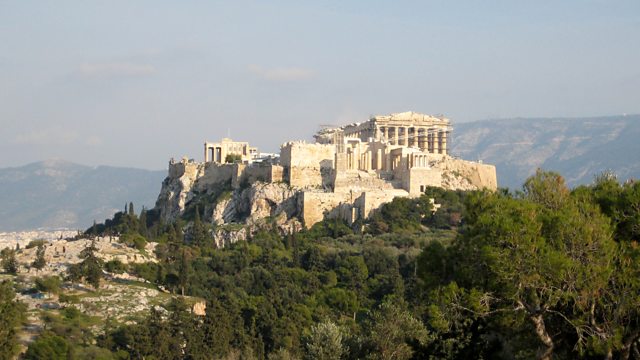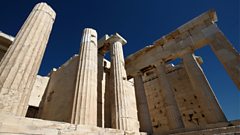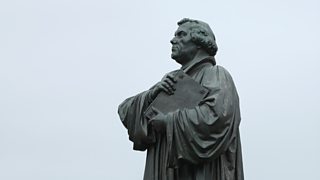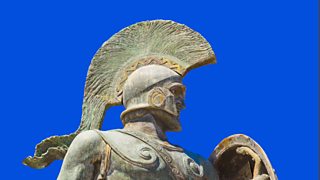The Acropolis: Cradle of democracy
How democracy was born on the site of the Acropolis in Athens. Joining Rajan Datar are Paul Cartledge, Andronike Makres and Demetrios Papageorgiou.
The Acropolis of Athens, with its crowning glory the Parthenon and its massive marble pillars, is one of the most recognisable sites in the world.
In the 5th and 6th century BCE, it was where the concept of democracy – rule by the people – first developed, where modern- day theatre was born, and it gave the West the foundation of its politics, philosophy and history.
But the Acropolis is also, like our humanity, a place of constant struggle and contradiction, from the pride and ambition of the ancient Athenians that led to its destruction, to its current status as a symbol of the Greek state.
Joining Rajan Datar to look at the history and meaning of the Acropolis is Paul Cartledge, Emeritus Professor of Greek culture at the University of Cambridge and author of Democracy: A Life; Dr Andronike Makres, co-Director of the Hellenic Education and Research in Athens, and Demetrios Papageorgiou, Professor of Applied Mathematics at Imperial College London.
Photo: The Acropolis (Anne Khazam)
Last on
More episodes
Clip
-
![]()
The mathematical wonders of the Acropolis
Duration: 00:44
Broadcasts
- Sat 25 Aug 2018 19:06GMT����ý World Service except Australasia, East and Southern Africa, News Internet & West and Central Africa
- Tue 28 Aug 2018 08:06GMT����ý World Service except News Internet
- Tue 28 Aug 2018 17:06GMT����ý World Service Australasia
- Tue 28 Aug 2018 23:06GMT����ý World Service except News Internet
Featured in...
![]()
Politics, philosophy and faith—The Forum
Ideas, people and events that shaped cities, nations and civilisations
![]()
Civilisations and wonders—The Forum
The people, stories and rituals that ruled the ancient world
What is the role of libraries in the digital age?
Podcast
-
![]()
The Forum
The programme that explains the present by exploring the past






